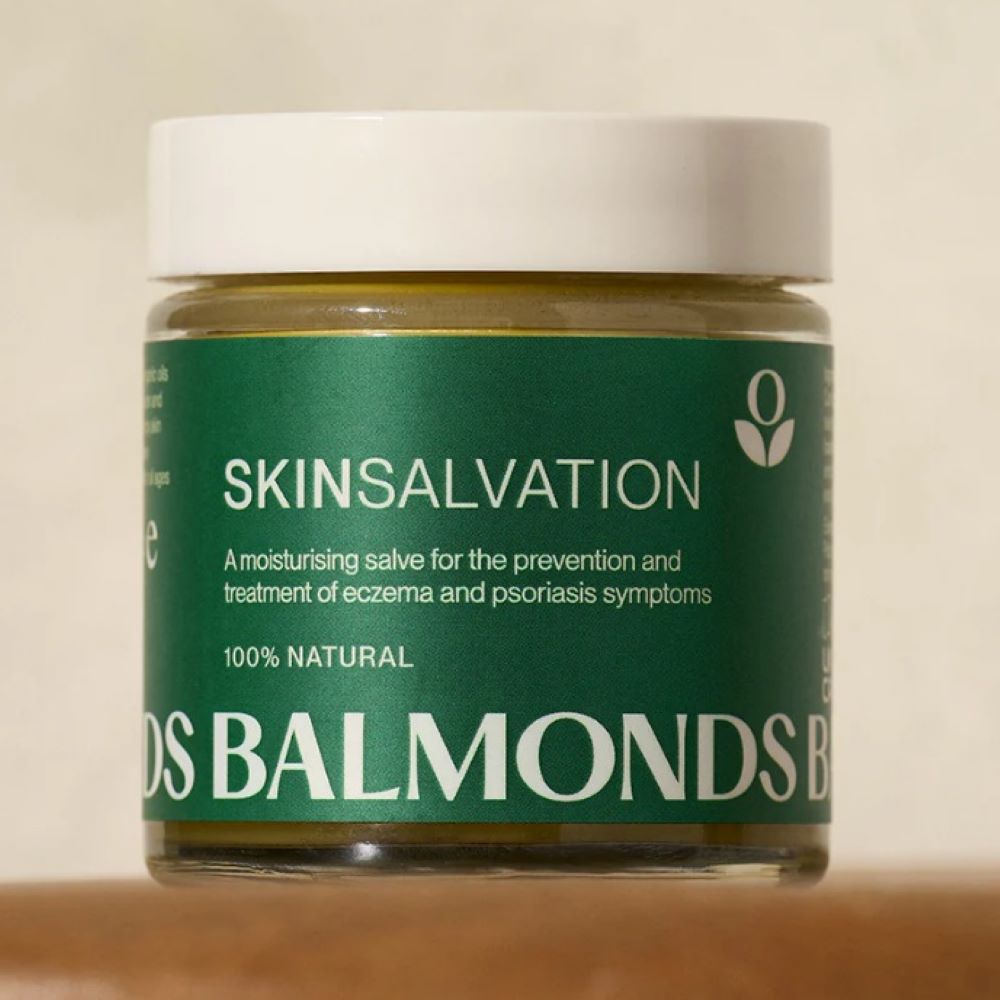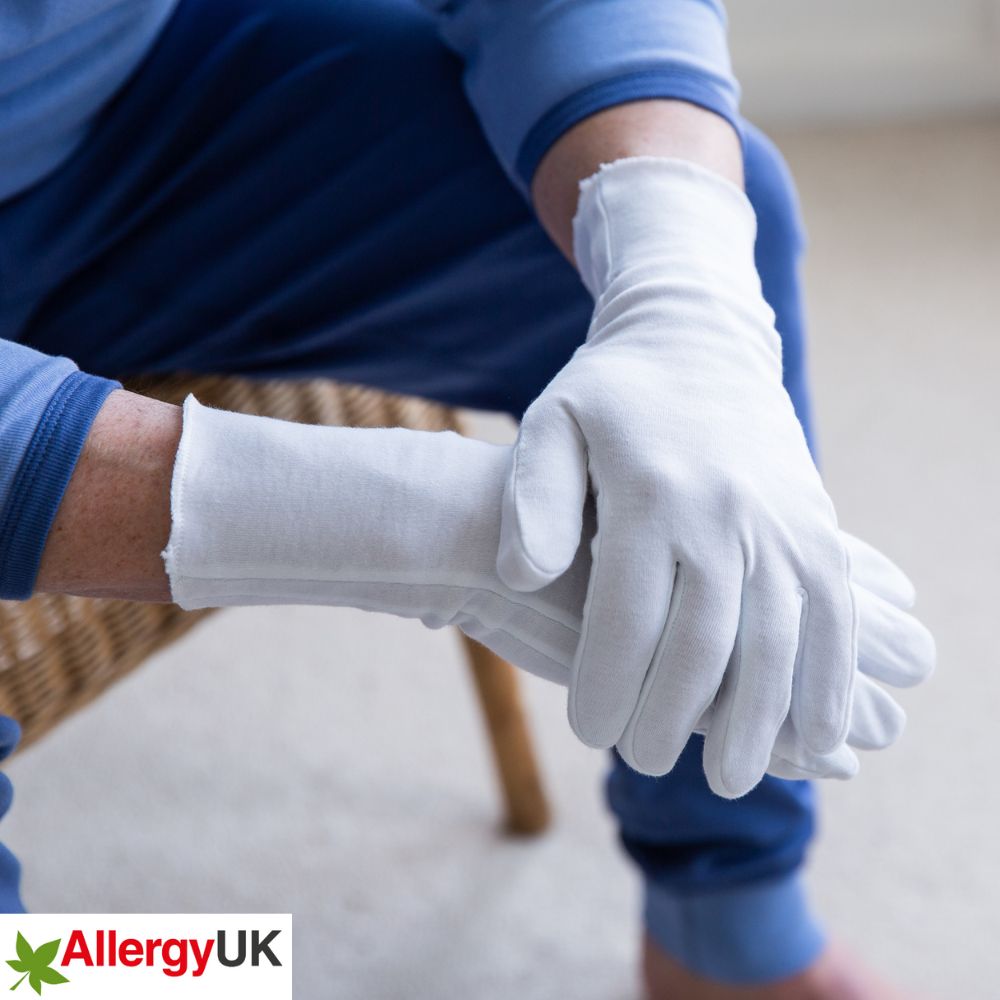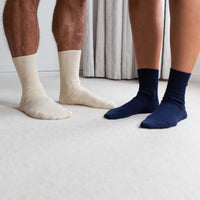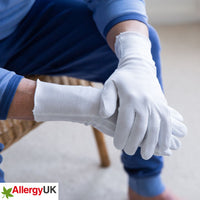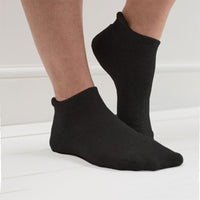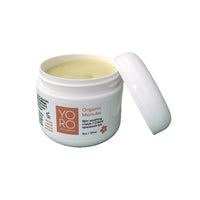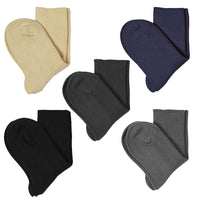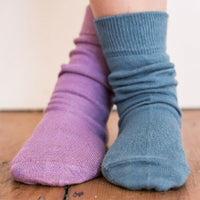
Understanding Arthritic Psoriasis During Men's Health Week
Understanding Arthritic Psoriasis During Men's Health Week
Guest blog written by Joel Nelson
As we celebrate Men's Health Week (and men's health in general) it's essential to shed light on the often-overlooked conditions that affect men, including arthritic psoriasis. As a patient advocate, I, Joel Nelson, share my journey and insights to help others navigate this challenging condition.
Who I Am
I am Joel Nelson, an award-winning patient advocate from Norwich (UK) who passionately and internationally campaigns to improve patient outcomes for arthritis, psoriasis, chronic pain, and associated mental health challenges.
I have had Juvenile Idiopathic Arthritis (JIA) since childhood, and despite complaining of rashes throughout my teenage years, it took a whole-body outbreak of psoriasis in my late twenties for anyone to treat my skin as a priority over my joints. I champion lived experience, the value of the patient voice, and holistic healthcare, encouraging medical professionals, industry, and policymakers to ask first and foremost, "What do you need?" rather than "What hurts?".
What is Arthritic Psoriasis?
Arthritic psoriasis, also known as psoriatic arthritis, is a chronic disease that combines the symptoms of psoriasis—a skin condition causing red, scaly patches—and arthritis, which involves joint inflammation. This autoimmune disorder can cause severe discomfort and disability if not managed effectively.
My Journey with Arthritic Psoriasis
Technically, today, I have Psoriatic-associated Juvenile Idiopathic Arthritis, but it’s essentially Psoriatic Arthritis. Because I was diagnosed with JIA as a child, I will always carry that ‘juvenile’ label (even when I’m a grandad!). We now know that the subtype is psoriatic. As a teenager, I would get sores in intimate areas. I was told by many doctors it “was only thrush” or a problem with my hygiene, despite common treatments for such things making the rashes worse. It was painful and frustrating and impacted my confidence massively, especially when I went to university.
I now know that this type of psoriasis is called inverse psoriasis and presents in places like the groin, genitals, and skin folds for me, such as behind my knees. I also suffer from the more commonly known plaque psoriasis on my head and face, and something called palmoplantar pustulosis (PPP) on the palms of the hands and soles of my feet, which is particularly painful as it follows a cycle of small liquid-filled blisters (not unlike frogspawn) that itch until they burst, which then become extremely painful. The skin dries, peels, and repeats. Despite the common myth that the sun is good for psoriasis, my PPP and inverse psoriasis are particularly bad in warmer weather, as my face and head rashes improve. This means that my skin challenges vary with the seasons.
Essentially, what you see on my skin is a similar process to what is happening in my joints with arthritis—my overactive immune system attacks perfectly healthy parts of my body. Over the years, I have had to deal with this in my joints (arthritis), skin (psoriasis), stomach (Inflammatory Bowel Disease), and even my liver, which became inflamed at one point.
Impact on Mental Health
The impact of my skin condition on my mental health is always underestimated, especially by medical professionals. We focus on the size of the coverage area or the severity of the rash, but that’s almost irrelevant to me. I can have the slightest rash on my head, but as a bald man, it will really bother me. Similarly, I can be living with inverse psoriasis in an intimate area that nobody is ever going to see, but I know it’s there, and I know how it makes me feel. When I walk out the door daily, I am walking out with those rashes, whether you can see them or not.
Then there’s the stigma. People think it’s contagious, change seats in the office, and assume it’s down to poor hygiene or diet. So many people are willing to tell you what you should and shouldn’t do, but very few ask me what I need or how they can help. Finally, the itching. Oh, the itching! It disrupts your sleep, your concentration, and your mood, and it will drive you insane if you don’t learn to distract yourself from it. It can be relentless. I’ve lost entire days of work to it and then had no words to explain to my boss how I could not get anything done because of the discomfort from it all.
All these experiences chip away at your mental health, wellbeing, and mood. It’s a management job, and very few treat that side of our psoriasis.
Advice for Men During Men's Health Week
🗣️Talk About It
We’re terrible at it because society forces us to believe we cannot show weakness or emotion. Still, if we don’t share our experiences, we are not only creating an environment where nobody can support us (like loved ones), but we are also contributing to the isolation of others. It's not popular, and I’ll never have millions of followers, but it’s why I share everything on social media – not just my successes. I once was somebody scrolling through those platforms, seeing people with my condition ‘thriving’ with their chronic illnesses. Perfect skin, happy life, no health management; it’s filtered nonsense and not real life. Those people who called themselves advocates set an impossible bar that I was never going to meet – it left me feeling like a failure and that I had done something wrong. It contributed to the depression and low mood that comes with a skin condition. It doesn’t need to be public. It doesn’t need to be on social media. You don’t need a stage. Talk to someone you trust about how you are feeling and how they can help. Before you know it, you will have someone who recognizes you are struggling before you even do, and that, to me, means more than any pill or cream.
💙Learn Your Triggers
Work with your triggers (for example, if you know alcohol makes your condition worse, drink in moderation).
💭Focus on Mental Health
Your mental health is part of your condition, too. Don’t be afraid to include it in the conversation with your medical professional, family, and support network. I can attribute most of my psoriasis flares to stress, low mood, work pressures, etc., but it took me years to treat my mental health alongside my skin.
The Chronic Pain Club: A Platform for Support

After a few years of advocating, I realized that there were only so many times I could tell my story and have an impact. It also bothered me that I was limiting my ability to enact change by not hearing others' real-time pain points – after all, I am turning 40 this year and was talking about juvenile arthritis from experiences I had in the 90s!😀
Through my advocacy journey, I’ve tried to use my independence and creative skills to my advantage and ‘meet people where they are.’ So, despite having a thick Norfolk accent and being completely terrible on camera, I started the Chronic Pain Club Talk show on YouTube to amplify the patient's voice and promote the value of lived experience and patient involvement.
We aim to inspire, educate, and remove the stigma surrounding many long-term health conditions by featuring discussions with patient advocates, organizations, medical professionals, and those making real differences to people living with chronic illnesses.

What started with me talking to other patients to raise awareness of their disease and what matters to them has blown up into this thing where doctors, researchers, and patient organizations are asking me to come on and share their work—it’s incredible! It means we can have a true roundtable discussion to learn about each other's challenges as we try to achieve better patient outcomes. I’m very proud to be a bridge between medical professionals and patients, but our greatest achievement is the peer support community that has built up around the show. Regular viewers tune in weekly to socialize, ask questions, and support each other in the live chat.
You can find us weekly on Sunday evenings from 7 pm (GMT) LIVE (health permitting) on the Joel Nelson YouTube channel here
Resources and Support
For reliable information and support, turn to patient organizations and peer support networks. These resources can provide the tools needed for self-management between medical appointments, fostering a sense of community and shared understanding.
Conclusion
Men's Health Week is a reminder to prioritize our well-being and address all aspects of our health, including conditions like arthritic psoriasis. By sharing our stories and supporting one another, we can improve patient outcomes and enhance the quality of life for those affected by this challenging condition.
For more information and support, join our community at the Chronic Pain Club on YouTube and stay connected with reliable patient organizations.


